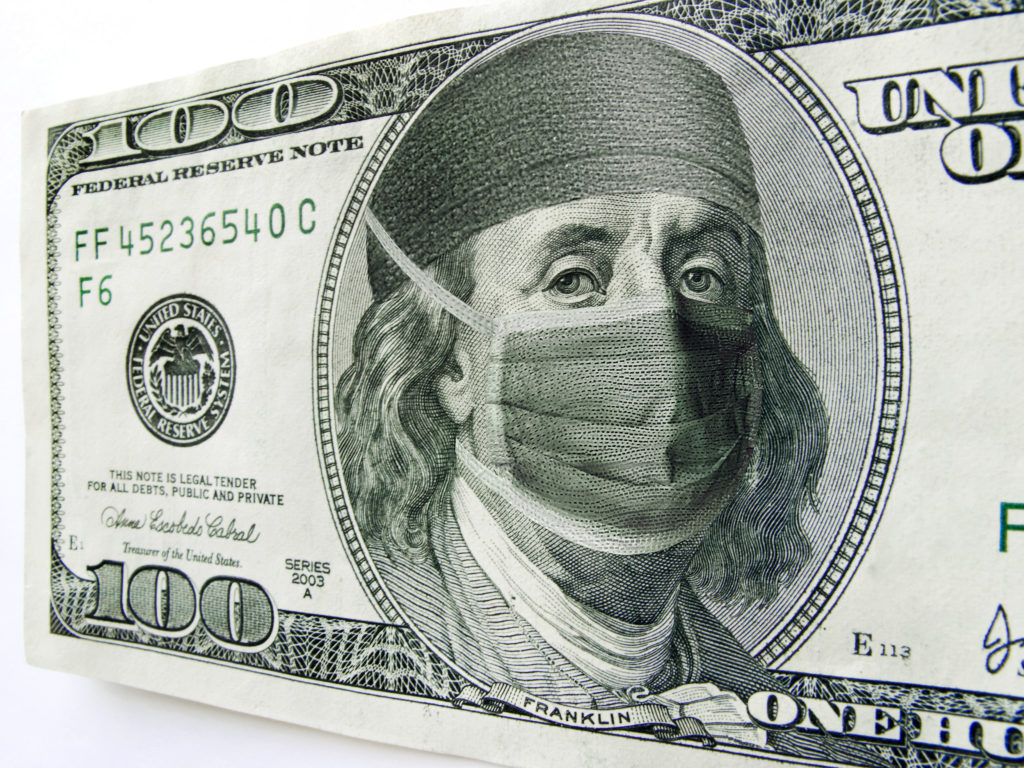
Families, employers, universities, health care providers, insurance companies, health care companies across North Carolina and the rest of the country, and governments at all levels are responding to coronavirus disease (COVID-19) and severe acute respiratory syndrome coronavirus 2 (SARS-CoV-2) with preparation and precautions. Here in North Carolina, Gov. Roy Cooper declared a state of emergency to help with the response.
“We need to be removing barriers that keep people from getting care,” Dr. Wesley Burks, CEO of UNC Health Care, told the Raleigh News & Observer. In an article published in Carolina Journal on Friday, my colleague Jordan Roberts highlights some of the regulatory barriers to telemedicine and other methods of care delivery that can improve access.
North Carolina already spends over $10 million each year on Public Health Preparedness and Response, with flexibility in the budget to redirect more money to this and other public health expenses as needed during the state of emergency. The North Carolina Department of Health and Human Services (NC DHHS) has a page devoted to COVID-19.
NC DHHS does not report the authorized budget for Fiscal Year (FY) 2019-20 on its Open Window website, which defeats the purpose of having a website created to furnish “openness, transparency and performance management.” Despite that, the agency, like all of state government, is working with a budget. For Public Health Preparedness and Response, the budget is $2.2 million in state funds and $8.3 million in federal funds, according to the Office of State Budget and Management’s Open Budget website. The total $10.5 million budget is intended to “ensure a coordinated federal, tribal, state, regional and local response to public health emergencies.” Those amounts are significantly higher than five years ago.
North Carolina will also receive at least $13.8 million from the $8.30 billion in new federal funding signed into law on March 6. Fully $3 billion of that money will subsidize the development of vaccines and diagnostics, another $2.2 billion will go to public health programs, and $1 billion will be available for medical supplies and “preparedness measures.” Of the remaining money, $1.25 million will flow through the State Department to help other countries contain the virus and disease, and $850 million will flow through the Small Business Administration for loans to small companies that have been affected. “We’re going to end up with a massive fiscal package, a bailout on the back end of this,” Scott Gottlieb, former head of the Food and Drug Administration (FDA) told CNBC’s SquawkBox. “We are better off using that money upfront to help buy some of the actions that we need to mitigate this epidemic rather than spending that money on the back end after we’ve had a very large epidemic.”
Gottlieb also said on Twitter that local governments would need financial assistance to offset the cost of “strong mitigation steps” such as “school closures (preemptive or reactive), curtailing gatherings, closing places where people congregate indoors like theaters, implementing widespread telework requirements, limiting mass transit, small measures to reduce social interactions, can all mitigate [the] scope of [the] epidemic.”
Closer to home, State Treasurer Dale Folwell says that the state’s government employee pension plans are well-positioned for the economic challenge as they have taken a more conservative investment approach than in the past. No one has yet estimated the effect on state revenues, but we should expect that income and sales tax collections will slow as events get canceled and businesses cut back.
As with every other aspect of life, it is too early to know the full impact of COVID-19 on state finances. Caution and restraint are good ideas, however, and that is a potential benefit of having a budget this year that spends $2.4 billion less than is expected to be available.




